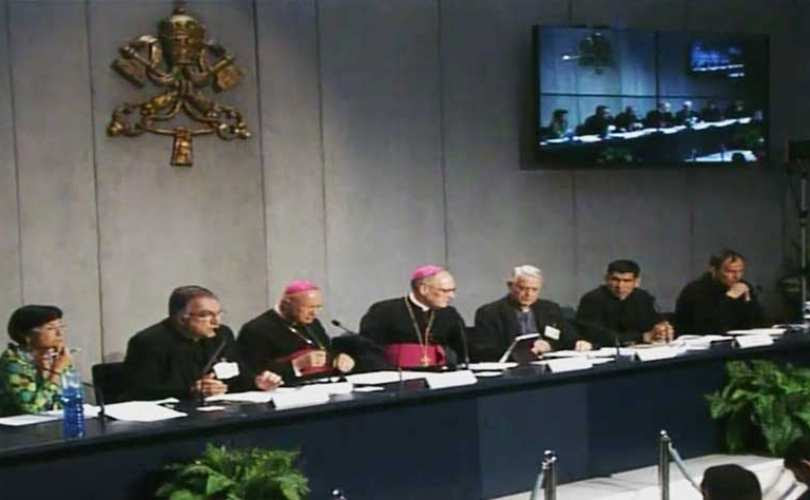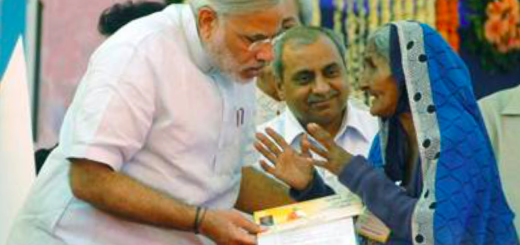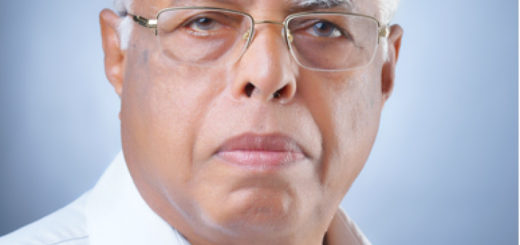Where the boys are
(Reactions from all over the world is mounting and show the general disgust at the way the much proclaimed Synod is functioning. It has turned out to be a club of mostly 65+ men discussing on themes of which they only have theoretical knowledge. That they have taken it upon themselves to bring in reforms or rather adjustments in family life and modern views on sexuality looks very funny,indeed. These men are really out of reach for most men and women in the world and it appears that they would like to remain so. Zacharias Nedunkanal, asso. editor, CCV.)
Phyllis Zagano, Oct. 7, 2015,Courtesy: Catholic Reporter
(GITANJALI A BERNARD from NY has forwarded this article with the note: The following is an article that comes as an opinion of an educated laywoman, sent to you for reading and reflection. Share with others if you feel it is meaningful.)
Early church fathers preferred asceticism but figured out that without marriage and children the church would not last long. They wrote that married households are the basis of Christian community.
Skip ahead several centuries and they are at it again. A room full of celibate men talking about marriage.
Oh, they've let a few other folks into the back rows: 17 married couples and some others. They even have three women religious (one each from Malta, Costa Rica, and the U.S.) representing the International Union of Superiors General.
The bottom line: it's all-male, all the time, and 99.6% clerical. Of the 279 voting members of the Synod of Bishops on the Vocation and Mission of the Family in the Church and the Contemporary World, there is one brother — the superior general of the Little Brothers of Jesus, the lay group inspired by Charles de Foucauld to live simple lives among the people. There are nine other men religious — heads of Benedictine, Dominican, Franciscan, Jesuit and Redemptorist orders and others — and a reasonable number of the synod fathers are religious priests. But, aside from the religious men's experiences of communal living, the voting members' family life ended when they left Mom and Dad for the seminary, some at the age of 14.
These men are talking about the challenge, vocation and mission of the family.
Of course there has been pushback. Not long ago a Polish cleric announced he had a male partner, in concert with the activist argument that homosexual families deserve equal billing. There is but one short section in the Instrumentum laboris on homosexuality and church teaching is not likely to change.
Then there is the divorced-remarried discussion: who gets to receive Communion? One proposal — do as the Orthodox do — forgets Jesus' admonitions against prevailing Jewish traditions that favored men. While "Orthodox remarriage" seems to be a solution — a marriage ceremony is permitted a second or third time — it remains the exception, not the rule within Orthodoxy. It also ignores the fact that in many cultures men will not accept a "second-hand" wife. So, while the husband of a broken marriage can easily remarry, the wife is often left alone.
Then again, Francis has simplified annulment procedures, short-circuiting any discussion with a motu proprio allowing a single judge. While in the past annulments would go to a three-judge panel, now only one judge is needed.
Good news? Bad news? That single judge must be a cleric. With this last vestige of lay participation in jurisdiction removed — the third (perhaps swing) vote on a tribunal could come from a lay man or woman — pretty much sums up the entire synod and its procedures.
Now it's all nailed down: With one exception, lay persons cannot vote at the synod. Lay persons are cut out of annulment decisions. Lay persons are not part of the corporation.
It's all about Canon 129 in the 1983 Code of Canon Law: lay persons may cooperate but not share in the jurisdiction or governance or of the Church. The only way to "qualify" is to be ordained. Cardinal Ratzinger wrote the canon.
[Phyllis Zagano is senior research associate-in-residence at Hofstra University in Hempstead, N.Y]


















